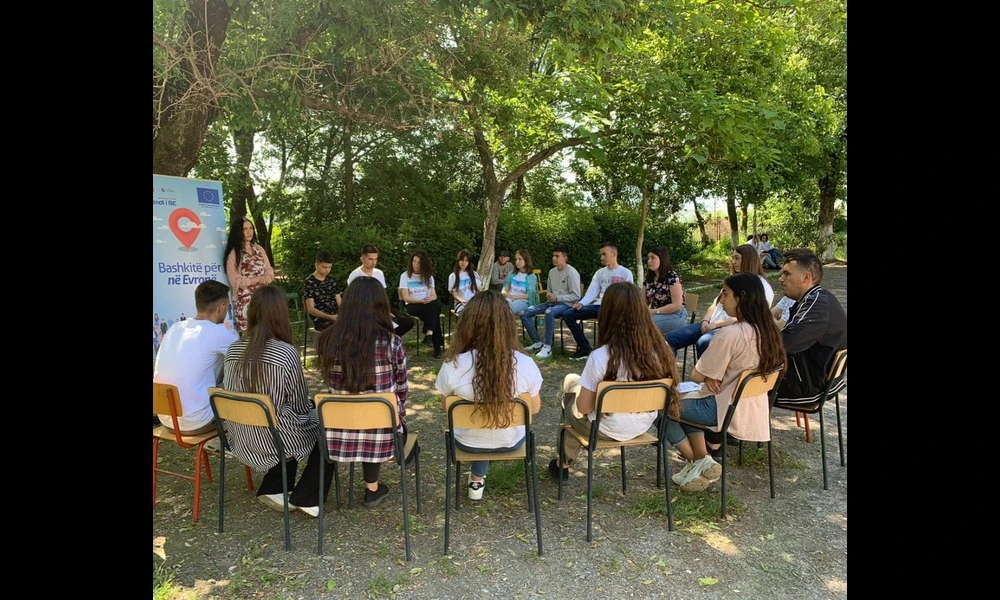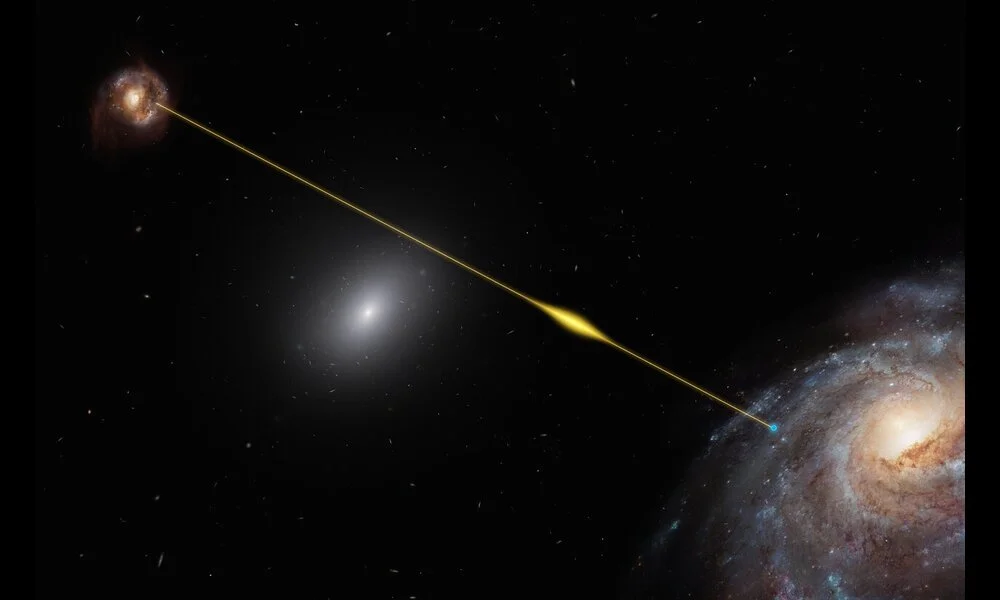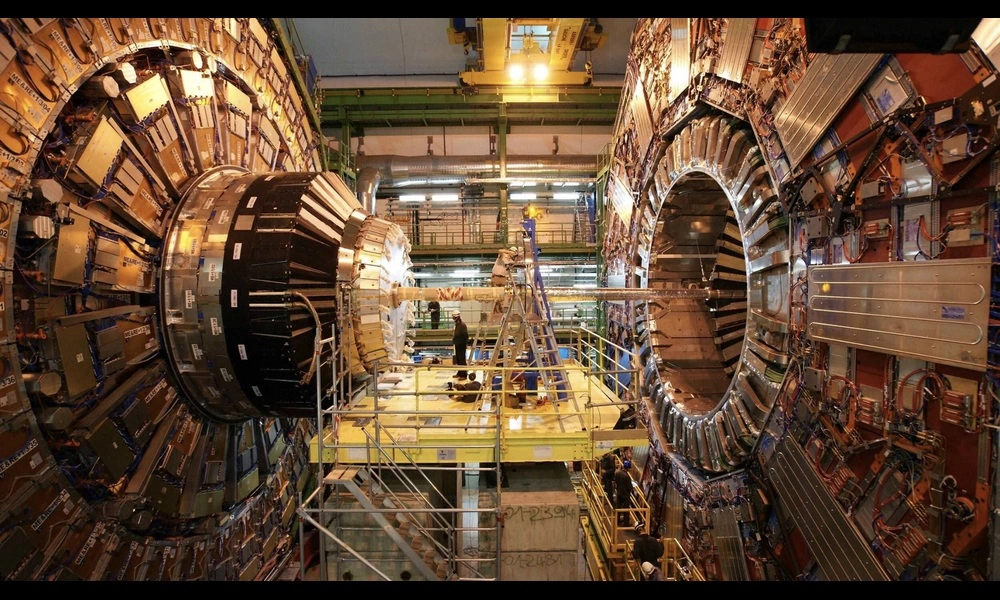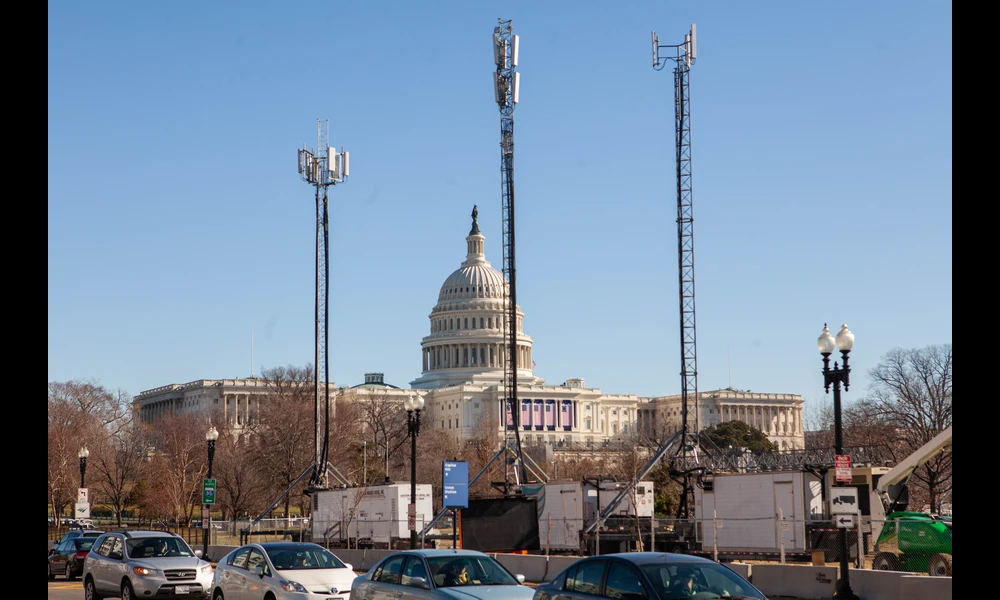How Ambiguity and Noise Increase Pro-majority Sentiment
Published on Mon Jul 24 2023 Local empowerment for Albania's European integration | WeBalkans EU on Flickr
Local empowerment for Albania's European integration | WeBalkans EU on FlickrNew research suggests that the presence of noise and ambiguity can actually promote consensus in opinion dynamics, even in the face of confirmation bias. The study, titled "Noise and opinion dynamics: How ambiguity promotes pro-majority consensus in the presence of confirmation bias," used an agent-based opinion dynamics model to explore the interplay between confirmation bias and different types of noise.
Confirmation bias, the tendency to selectively seek out information that confirms one's existing beliefs, has long been studied and is known to impede the convergence of opinions. However, the role of noise in shaping opinion patterns has received less attention. The researchers introduced a new type of noise into their model called ambiguity noise, which represents the inherently noisy nature of communication and the expression of opinions.
The study found that different types of noise had varying effects on opinion patterns. However, when the confirmation bias was moderate, noise, particularly ambiguity noise, actually promoted agreement among individuals. In fact, when the model was applied to the climate change debate, the researchers found that the right mix of confirmation bias and ambiguity noise led to a convergence of opinions towards a high level of climate change concern.
This finding challenges the common assumption that clear and unbiased communication is essential for reaching agreement in debates on complex subjects like climate change. The study suggests that moderate ambiguity in expressed opinions can facilitate agreement and alignment, even in the presence of confirmation bias.
The results of this research have implications for understanding the dynamics of opinion formation in society and can inform strategies for effective policy-making. While the study acknowledges that mathematical models are simplifications of real-world social processes, it provides valuable insights into the role of noise and ambiguity in shaping collective opinion patterns. Recognizing and understanding the different types of noise that affect opinion formation can help foster better communication and consensus-building on important social and political issues.



